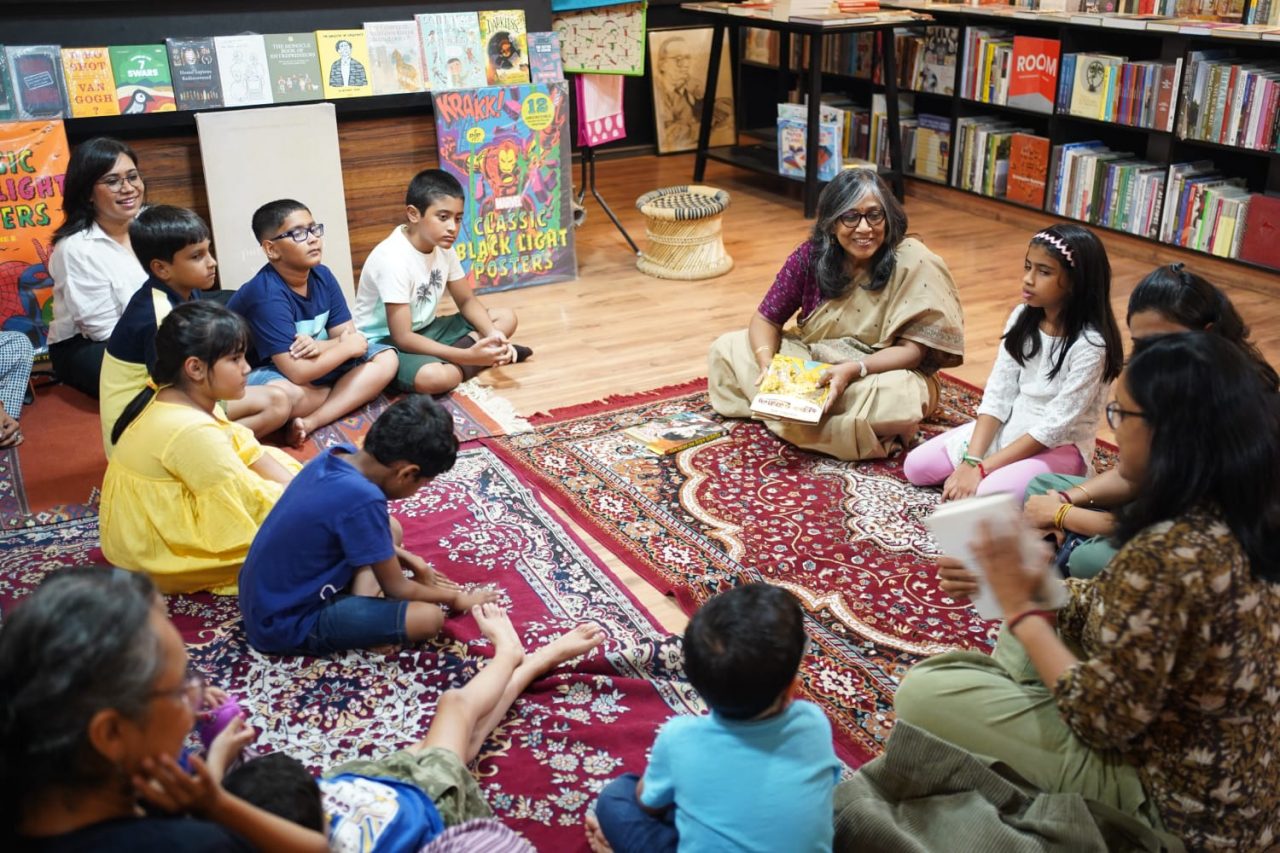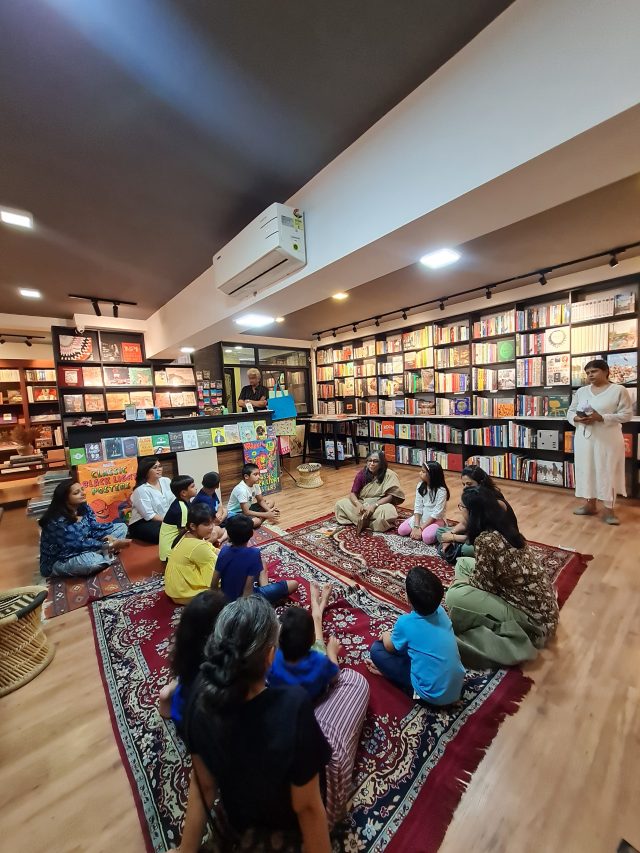
Sometimes, necessity forces you to adopt new avenues. During my childhood, necessity led me to Bangla literature and was I glad that I began reading in that language.
It was the summer of 1975. I had exhausted all the books in English that I could lay my hands on at home. I was increasingly getting impatient about not being able to read the scores of books in Bangla perched on the bookshelves at home.

So, in that one summer holiday, I learnt to read in Bangla, thanks to Manadi, a family friend and a regular visitor who was inadvertently roped in to play teacher. That desire to merely quench my thirst for reading and thus getting introduced to Bangla writing has helped in so many countless ways that it is difficult to explain any one.
As a festival director or a bookshop owner, one is supposed to say serious things that people listen to and make vital reading decisions of life, perhaps. Please don’t misunderstand me. I am serious and all that. But reading in your own language – your mother tongue – is not rocket science. It just makes you stay connected to your roots.
Roots are not necessarily the ancestral village, pond, mango orchards or the village school your great grandfather went to. Roots help you understand jokes, riddles, customs, dialects, clothes, jewellery, food and above all feelings. That last thing I cannot put in words. It’s a feeling. One may ask are Bangla feelings different from non-Bangla feelings then? (By the way non-Bengali is a very Bengali term). Feelings come from communication and communication in one’s language, even if fleetingly, has a deeper impact than when you communicate in a standard language of communication. The accent, for one, hardly changes in other countries. Dialects may differ but to hear a few words of Bangla – a restaurant guy reassuring you about the ingredients, or a guy at the airport directing you to the facilities – makes you feel connected. This is not being parochial. Just that gush of being in familiar environs.
So, dear parents and elder siblings get those Bangla books out. Get your grandparents and granduncles and aunts to work. Ask them to read to you. Trust me there will always be a bit extra that you will get. A memory here, an anecdote there. That will make your reading even more rich. Of course, if you know how to read Bangla already, gather together. Savour the language, the nuances, nudge the Sidhu Jethas around you to tell you a little more.
So when we thought of sitting in the bookshop and reading Bangla books (read aloud actually) and when we got to that bit about doram korey podey gelam or paanch ekke paanch, paanch duguney baro… the spontaneous laughter reverberating in the store from a bunch of children who probably do not read Bangla was so full of life and meaning. Made me wonder, were we laughing in Bangla?


